Holiday gift
time is around the corner. Some of you may be thinking of buying a new camera for an up coming trip. Either a standalone camera or a phone the discussion is the same. I would like to give you a few things to think about.
Before
Before you wear out the credit card ask yourself a simple question. Is the problem your current camera? Or is the problem the photographer. Be honest with yourself.
Shiney new equipment
is nice to unbox. It can even impress the friends but unless you’re at the limits of your current equipment merely spending money on new equipment will not improve your images. The camera shops won’t tell you this. The glossy photography magazines likely won’t either. You can easily spend a fair bit of money and end up with the same images your old camera made.
What you can do
is figure out what you need to improve on. Often the simplest route is to take a course. Check your local night classes. It doesn’t have to be an extreme in depth course. Learning the basics can go a long way. If you’re eyes are starting to glaze over at the thought of going back to school think of it as an investment. How much have you spent on cameras over the years only to toss them in the same drawer virtually unused?
Buying a camera
If you’ve decided you can benefit from a camera it’s time to make a couple of lists. A list of needs. A list of wants.
Are you currently in a “system”? The large camera companies have created systems over the decades. Lenses that only fit their bodies. Accessories that rarely are useable on competitors bodies. If you are heavily invested in a system that alone may push you to remain in the system.
We live in a video world. Do you need video? If so do you need 4K? If you instead want 4K realize that 4K creates fairly large files. Those files won’t just fill your memory cards but they will make life harder on your computer. If you have an older underpowered computer 4K may lead you to needing a new computer.
Travel photography
rarely needs longer focal length lenses. Don’t get drawn to big numbers just because they’re bigger. If you’re traveling in many of the older cities of the world you’ll have a far greater need for an ultra wide lens.
Cameras and lenses with image stabilization (different companies call this different things) are a boon for travelers. A bit of good technique (remember that class you took?) and an image stabilized lens will allow you to photograph in almost pitch black situations without using a flash.
To clarify something.
Any flash you’re likely to carry is useless to light a large room or building. You can’t light a stadium with a single tiny flash. Your local sports stadium wouldn’t have spent millions on lighting if something like the popup flash on your camera would have done the job. If you are of the scientific bent spend some time here
You can still use your flash when you’re close to your subject but don’t expect to light the colosseum. Using your popup flash with the camera in auto mode can actually lead to the camera under exposing the distant subject. The light from the flash won’t reach the building.
If you have decided you need 4K
then you’ll have to pay attention to your memory cards. Older cards are likely too slow to work. Look at the card above. You will see a 3 inside a large U. For this card it’s next to the 10 symbol. Different brands may place the U3 symbol elsewhere. It’s likely your new 4K capable camera will need a U3 card. Various brands will work but your camera will need that U3 to keep up with the 4K data. The information should be in your camera manual.
For reasons unknown by civilized persons
camera companies have an habit of selling new cameras with straps designed to torture the photographer. Neck straps that are too narrow. Too lightly padded. Often not even strong enough to hold the camera. Even if you aren’t buying a new camera a better strap can make your older camera more enjoyable.
Make sure any strap you get is long enough for you. Some companies make XL straps. Make sure the connections will fit your camera body. Some straps need you to buy the connections to match your camera. Like always in photography pay attention to the details.
Other things to think about
Battery life can be an issue with some cameras. This can be especially the case in video mode. Still cameras often don’t have batteries large enough for long video sessions. Even if video isn’t important to you check general battery life.
System breadth and depth.
If you remember the earlier mention of company systems this is the point to think about entering a system. If you are serious about photography or if you think you may want to be serious the system may be important for you. There may be a special lens that draws you. Or maybe it’s just the range of available lenses. Or the service offered by the company. In some cases the system may decide which company you buy into.
Most people don’t need a camera backpack
so don’t get sucked into buying an expensive pack. If you’re just carrying your camera a spare battery can easily fit into most pockets.
If you need
to carry an extra lens Amazon sells a line of bags that aren’t too expensive. They come in various sizes. AmazonBasics sells various items that represent reasonable value. Often short of upgrading to pro grade gear AmazonBasics is equal or better then the competition.
If you already have a backpack or messenger bag you like a more interesting choice might be a lens case. Available in various sizes to match your lens.
Travel photography doesn’t
have to be difficult or expensive. If you take a little time to think about where you are going and what you might need and then learn to use your equipment the whole process can be quite simple and enjoyable.
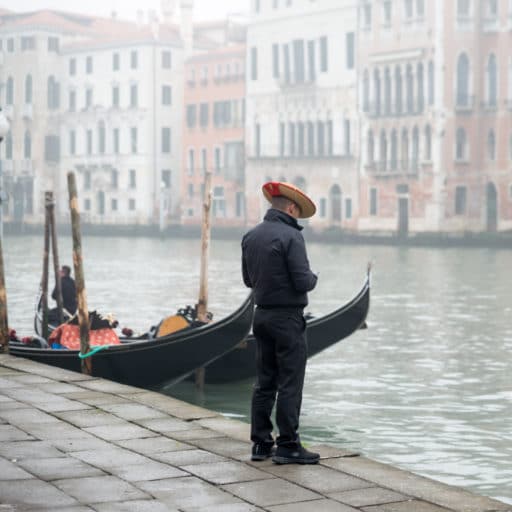



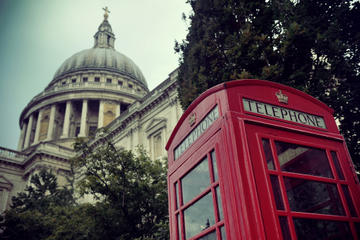
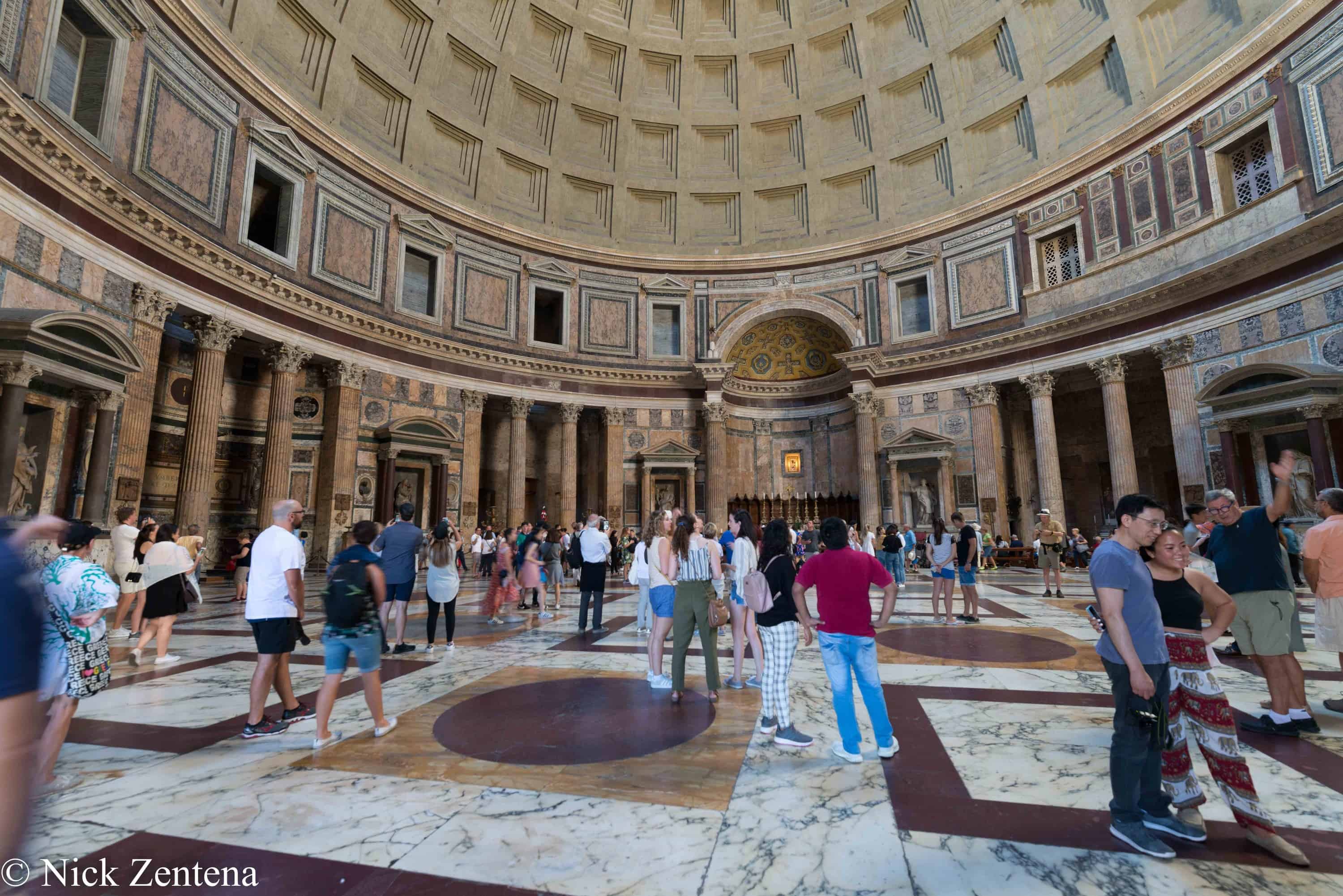

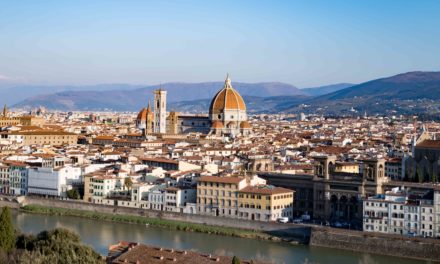
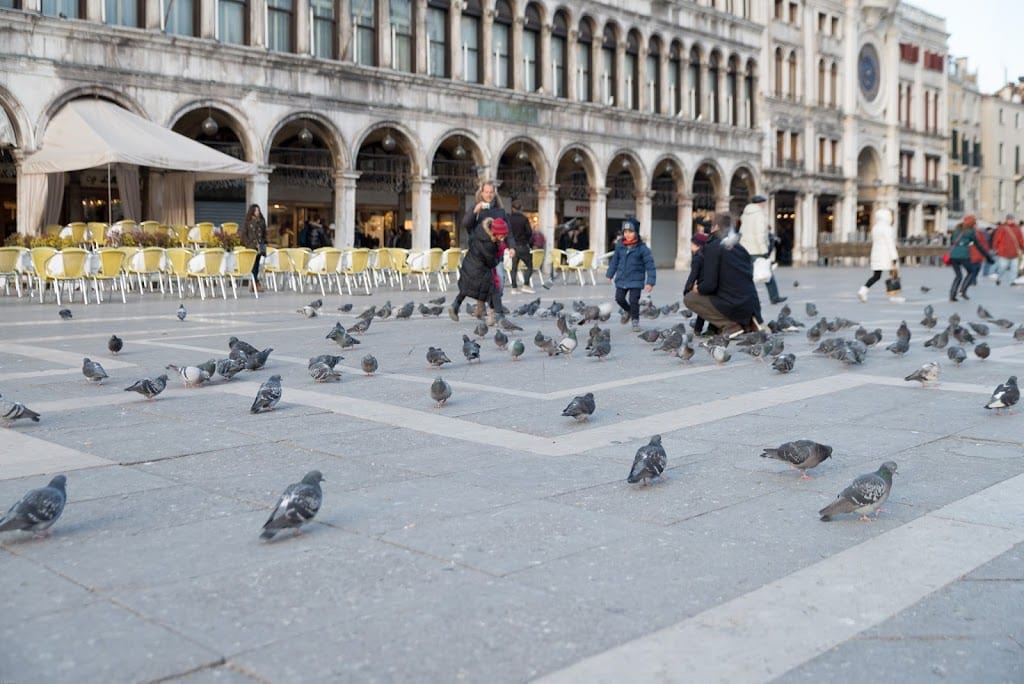
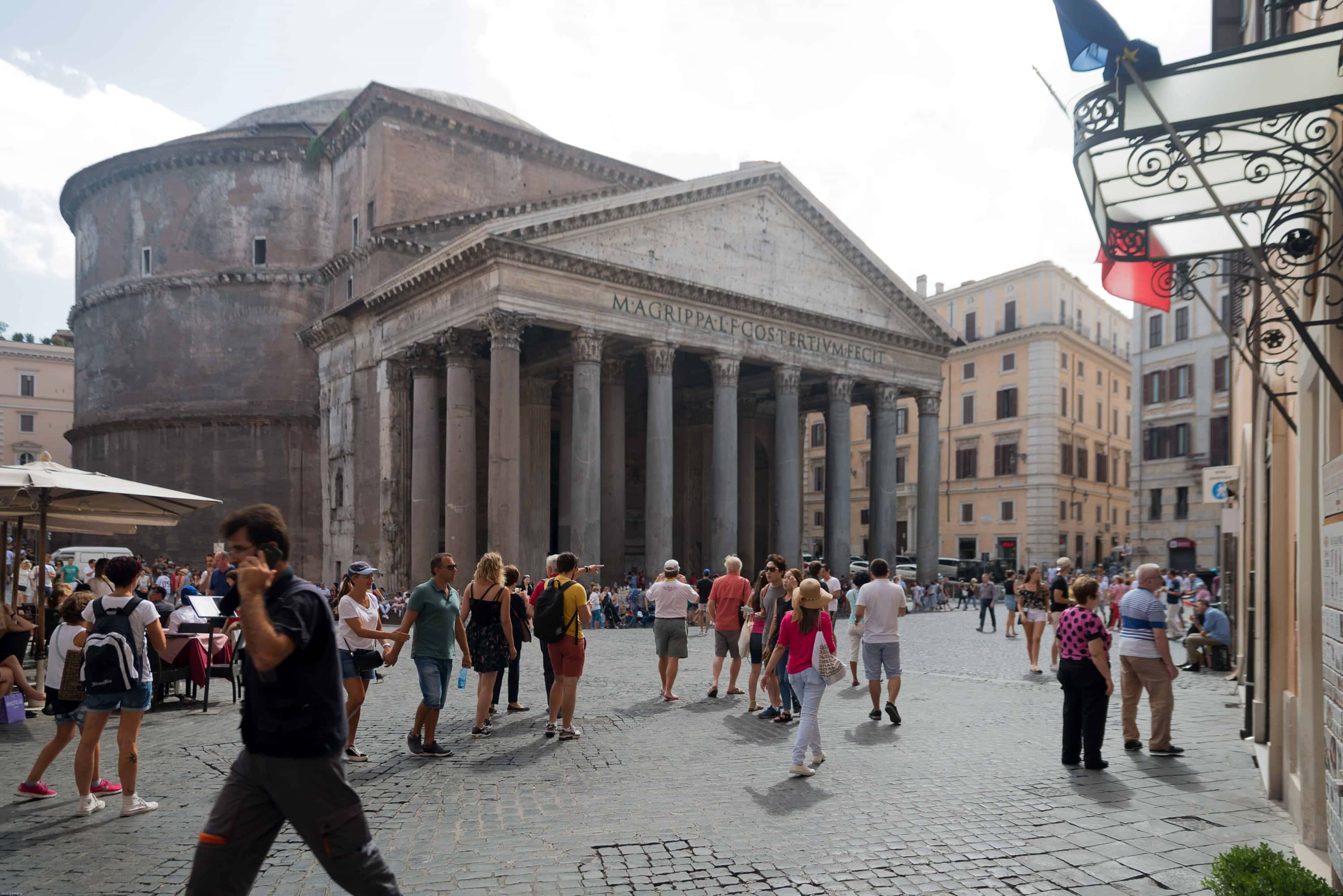

Recent Comments